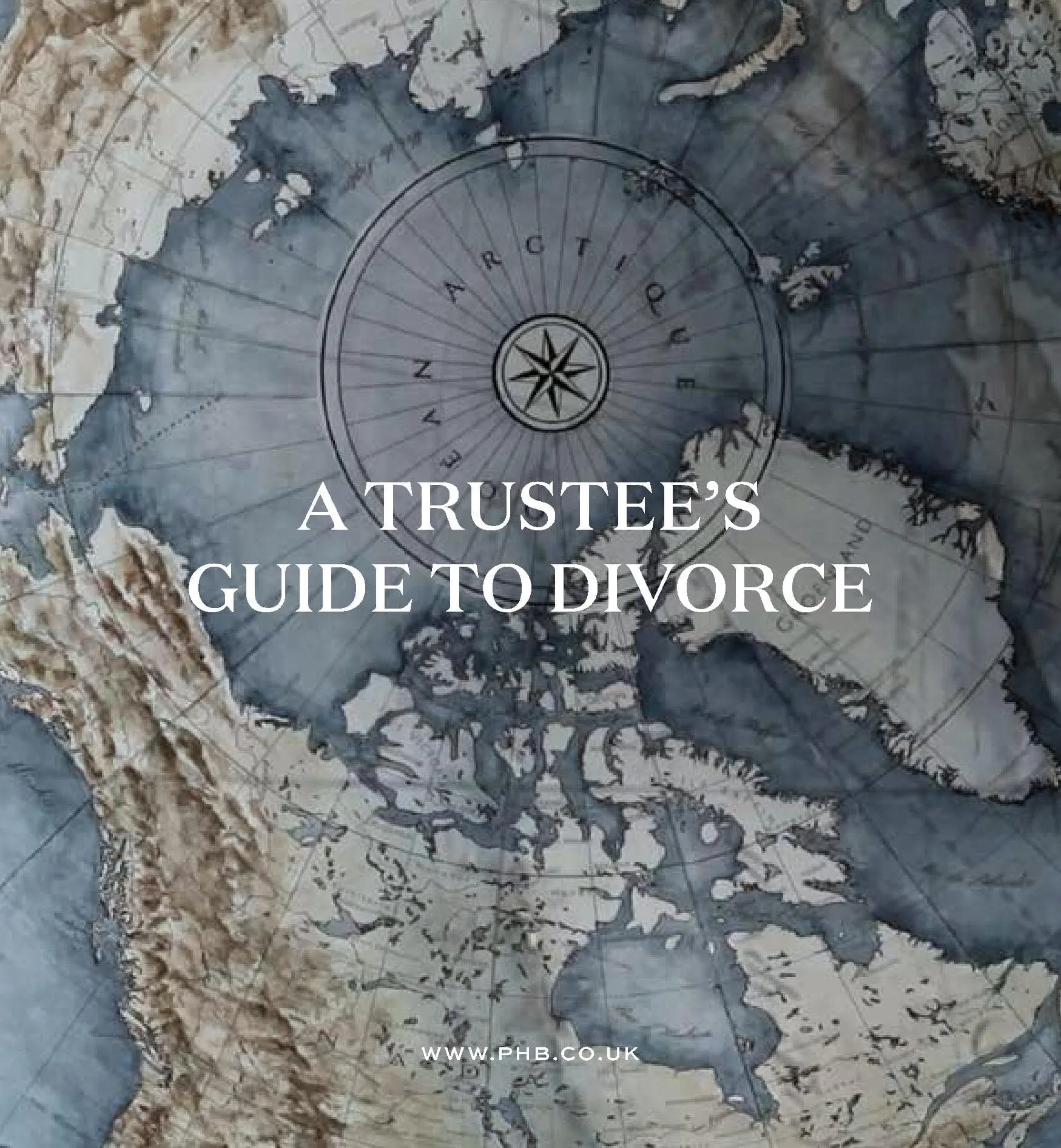This quasi-poetic expression is, dare it be said, a very English concept. At once full of subjective meaning to those who may recognise these things, but equally, it might be said, objectively meaningless, and something of a chimera, especially to those from other jurisdictions where family courts do not seek to take on the search for fairness.
How therefore does one “ensure things are fair”?
Turning back again to Lord Nicholls, his judgment in White v White also provides us with the principle that the objective of the court is to achieve an outcome which ought to be “as fair as possible in all the circumstances”.
How then will all the circumstances be considered? By having regard to the so-called section 25 factors[1], with first consideration being given to any child of the family and remembering that there shall be no place for discrimination between husband and wife and their respective roles in the marriage.
It follows therefore that the law, in and of itself, aspires to achieve the nirvana of fairness. And, as such, it also follows that a divorcing couple seeking to ensure a fair outcome may simply elect to rely on the court to achieve that goal on their behalf.
Except, why would they? Why would any reasonable husband and wife voluntarily abdicate control of their own affairs to an organ of the state and invite a third party to make one of the most profound decisions of their respective lives for them? Because, of course, they are unable (for a host of varied reasons) to make that decision for themselves. Usually, this is because one or both of the spouses is not, in fact, reasonable but manifestly unreasonable. And, often, possessed of a super ego. And it is perhaps no coincidence that with the super ego often comes super wealth, financial complexity and control, a lack of transparency and an absence of joint decision making. In such circumstances, the parties and their respective advisors can find themselves polarised and it may simply not be possible to have an amicable divorce. But, as outlined above, it should still be possible, as a matter of law and with the assistance of the court, to achieve a fair outcome.
And so the answer to the first part of the question posed above, is to look both at yourself and at your spouse and to ask yourself if you are both reasonable. If the answer to that is yes, then it may well be possible to have an amicable divorce.
Two objectively reasonable people will seldom find themselves in court. They will likely (i) benefit from openness and transparency in relation to their respective income and capital resources; (ii) have frank discussions between themselves; (iii) seek their own independent legal advice (from, one hopes, an equally reasonable solicitor – they do exist); and (iv) with the benefit of that advice and, if necessary, the assistance of an experienced family law mediator (or another form of ADR) reach an overall agreement which both they (and their respective advisors) consider to be fair. Indeed, these conditions are also the prerequisites for a properly entered into pre-nuptial agreement (and one which, provided, of course, it is “fair” to do so, the parties may expect to be held to).
The approach outlined above is now being driven both by public policy and the courts.
In April of this year, changes were made to the Family Procedure Rules (2010) aimed at promoting early resolution of family law disputes by adding force to the court’s ability to encourage parties to engage in non-court dispute resolution during natural gaps in court proceedings and potentially to criticise or financially sanction those who fail to do so.
In the recently reported case of Re X2, Mrs Justice Knowles has made it clear that the court needs to be seen as the last resort rather than parties’ first choice. She says:
“Non-court dispute resolution is particularly apposite for the resolution of family disputes, whether involving children or finances. Litigation is so often corrosive of trust and scars those who may need to collaborate and co-operate in future to parent children”.
Which is all very well when the parties (who may also be parents) have equality of arms (personally, emotionally and financially) for non-court dispute resolution to be meaningful and capable of producing a fair outcome.
But, as noted above, the difficulty arises when one or both parties may not in fact be reasonable, and where they have altogether differing views on what they behold to be fair. And in such circumstances an amicable divorce is, sadly, unlikely. And, notwithstanding the current push for non-court dispute resolution, it will then be incumbent on the court to impose a fair outcome on both parties.
Whether it feels fair to you is, of course, another matter. And, to that end it is worth ending with a quote from Rick Riordan (author beloved of teenagers for creating the young demigod Percy Jackson) which in addition to nailing down a definition of fairness, touches simultaneously upon needs (another equally nebulous principle of family law which we may otherwise save for another day):
“Fairness does not mean everyone gets the same. Fairness means everyone gets what they need”.
[1] Section 25(2) of the Matrimonial Causes Act 1973 (as amended)
For further information, please contact Matthew Booth, Partner and qualified Family Mediator in the Family department or, alternatively, telephone on 020 7465 4300.
To access our dedicated webpage with free Essential Resources for Supporting and Protecting Vulnerable Clients click here.
To learn more about divorce, separation and family law visit our dedicated webpage and download a free copy of our Essential Guide to Divorce and Family Law here.






